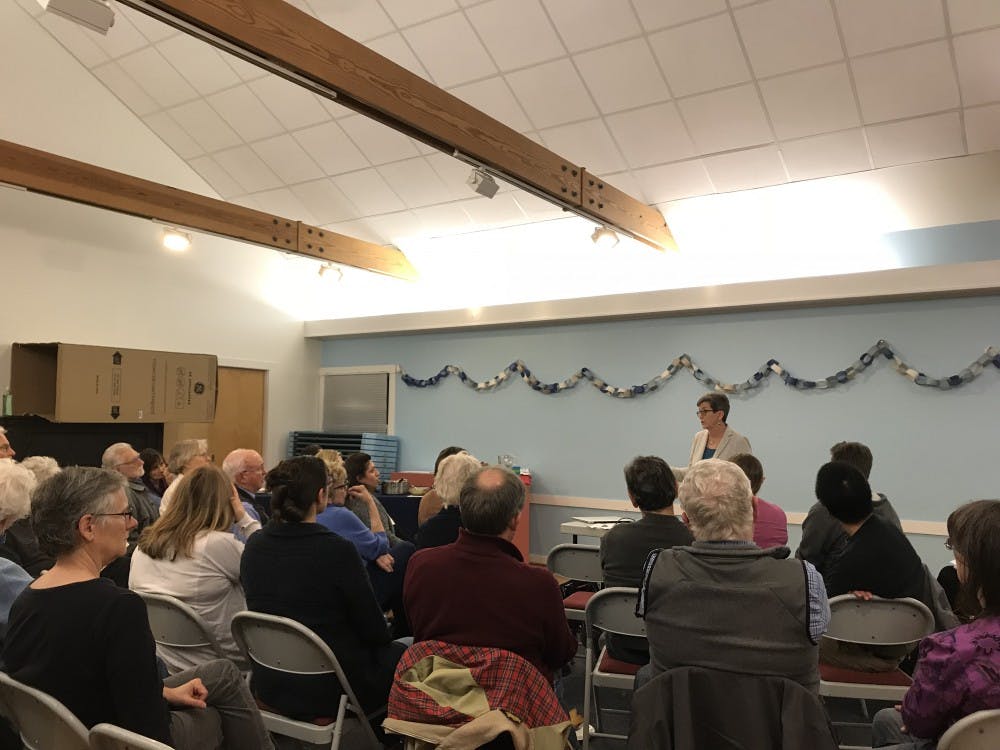Chapel Hill and Carrboro community members gathered Friday evening at the Chapel Hill Friends Meeting to discuss the growing difficulties for undocumented immigrants in central North Carolina.
Several undocumented people living in Orange County shared their stories while legal experts and other leaders shared ways in which the local area can help people being unfairly targeted by immigration authorities.
The event was hosted by the American Friends Service Committee of the Carolinas, a nonprofit social justice organization based in Greensboro. Many attendees were members of the Chapel Hill Friends Meeting, a Quaker congregation.
“Our congregation has traditionally worked largely with the African-American community at Orange Correctional Center, that’s made us very accurately aware of problems like the school-to-prison-pipeline, poverty and the many problems with immigration,” said Naveed Moeed, co-clerk of the peace and justice committee at Chapel Hill Friends Meeting. “The recent activity of law enforcement and immigration services have really inspired us to take a stand in the same way that many of the other churches in this area are doing.”
Ann Marie Dooley, an immigration lawyer in Greensboro, spoke about the state of immigration services under the Trump administration and what ending programs like Deferred Action for Childhood Arrivals has done for undocumented people in North Carolina.
“DACA was not perfect, but before the program was put in effect, I would go into court practically every day and see children getting deported,” Dooley said. “There was nothing for them. That’s what this administration is aiming to go back to.”
Gudelia Marquez of Greensboro and Mariela Hernandez of Carrboro both spoke about their experiences with immigration authorities in the past. Marquez has been on waiting lists for citizenship for nearly two decades, unable to get married or visit family in Mexico for fear of her waiting list status changing. Hernandez was able to become documented with the help of a family friend, but her husband has been the victim of overstepping by immigration services.
“He went to see a soccer game with his nephew, who is a citizen,” Hernandez said about her husband. “And they were stopped at a traffic stop. He was accused of being drunk while driving, and although he passed the alcohol test, they told him that because his English was slurred, they were taking him in.”
Hernandez’s husband was taken by Immigration and Customs Enforcement (ICE) to a detention center in Georgia, where he stayed for 14 months.




